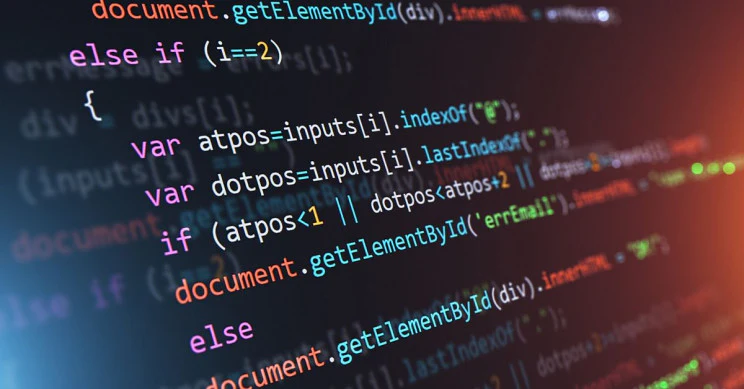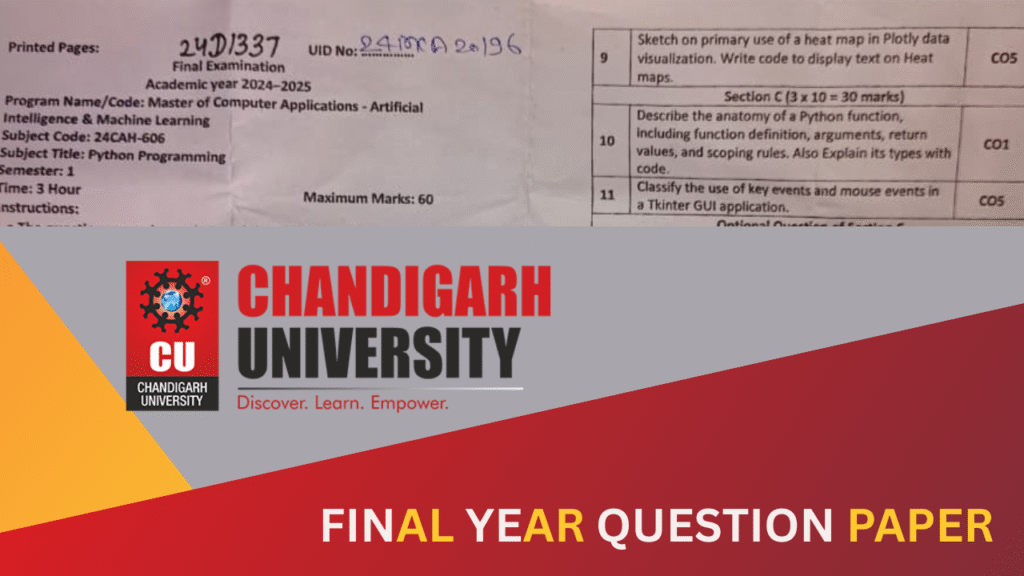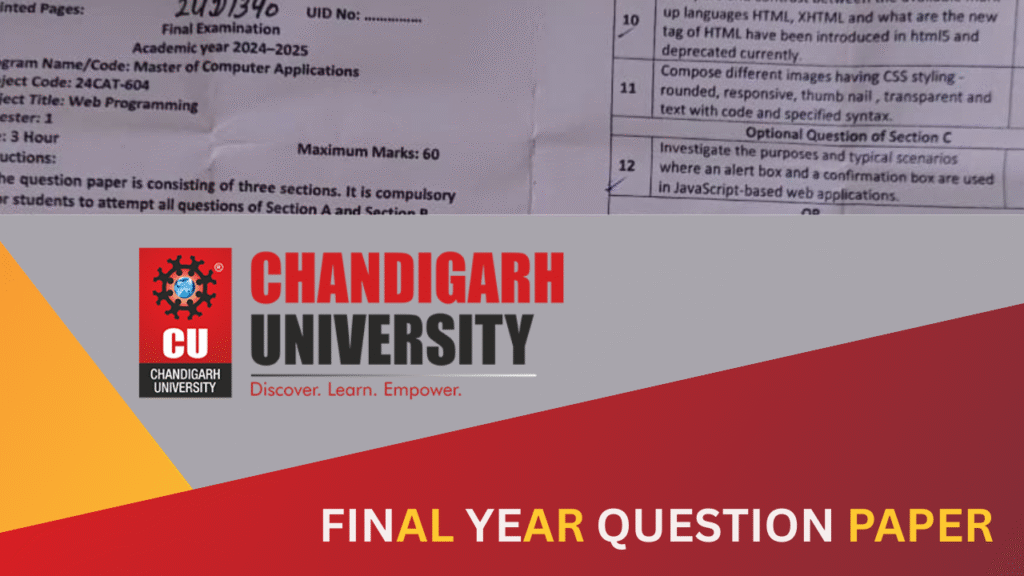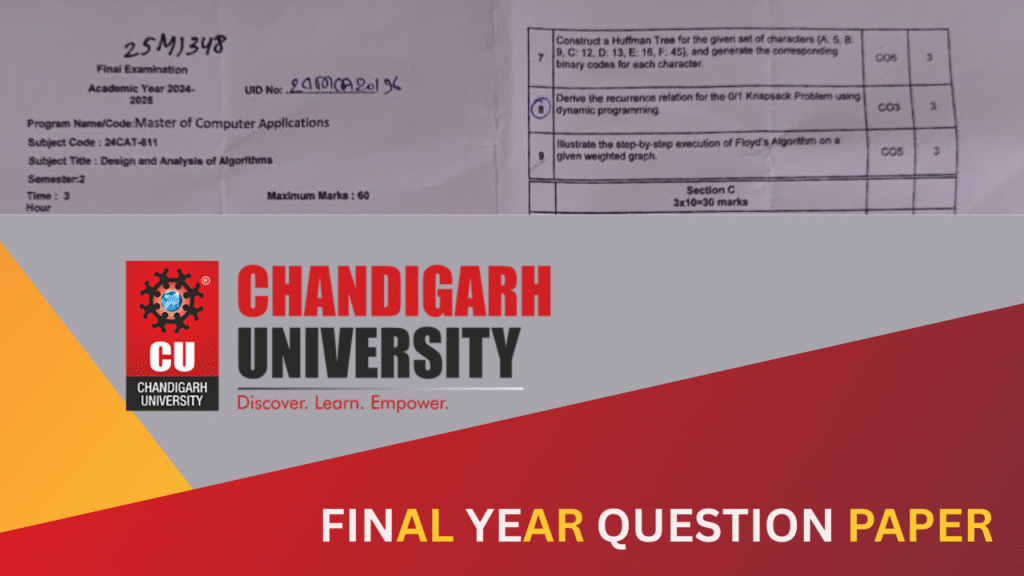AI for Daily Life: 10 Powerful Ways Artificial Intelligence is Changing Everyday Life in 2025
Artificial Intelligence (AI) is no longer a futuristic dream — it’s a reality that’s shaping how we live, work, and interact every single day. From the moment we wake up to the time we go to bed, AI quietly assists us in making smarter decisions, saving time, and enhancing productivity.
In this article, we’ll explore 10 powerful ways AI is changing daily life in 2025, the best AI tools you can use right now, and how to benefit from AI responsibly.
1.AI in Personal Assistants
AI-powered personal assistants like Google Assistant, Amazon Alexa, and Apple Siri have become part of our daily routines. They help us set reminders, check the weather, control smart home devices, and even order groceries with just our voice.
Example: You can say, “Alexa, turn off the lights,” or “Hey Google, remind me to call Mom at 5 PM” — and it’s done instantly.
Best Tools:
- Google Assistant
- Amazon Alexa
- Apple Siri
2.AI for Smarter Homes
Smart home devices use AI to make life more convenient and energy-efficient. AI-enabled thermostats like Nest learn your schedule and adjust temperatures automatically, while smart security cameras detect unusual activity and alert you instantly.
Benefits:
- Save electricity bills
- Increase home security
- Enjoy a comfortable living environment
3.AI in Education
For students, AI is like having a personal tutor available 24/7. Platforms like ChatGPT, Grammarly, and Quizlet help with homework, writing assignments, and learning new subjects faster.
Example: AI-powered language apps like Duolingo adapt lessons to your learning pace.
Best Tools for Students:
- ChatGPT for explanations and writing help
- Grammarly for grammar checking
- Quizlet for flashcards and practice tests
4.AI for Work Productivity
AI boosts work efficiency by automating repetitive tasks. Tools like Notion AI, Jasper, and Otter.ai help professionals summarize meetings, draft content, and manage schedules.
Example: AI can analyze emails and suggest quick replies, saving hours every week.
5.AI in Healthcare
AI helps doctors diagnose diseases faster and more accurately. Wearable devices like Fitbit and Apple Watch track your heart rate, sleep patterns, and activity levels — and can even warn you about health risks.
Benefits:
- Early detection of illnesses
- Better health tracking
- Personalized fitness plans
6.AI in Shopping
Online shopping platforms like Amazon and Flipkart use AI to recommend products based on your past purchases. AI-powered chatbots also help with order tracking and returns.
Example: If you search for “wireless headphones,” AI will suggest similar items you might like.
7.AI in Transportation
Self-driving cars and AI-powered navigation apps like Google Maps and Waze are making travel safer and faster. These apps use AI to predict traffic jams and suggest the fastest routes.
Example: Google Maps can warn you about road closures before you even start your trip.
8.AI for Creativity
Artists, writers, and designers are using AI tools like Canva AI, DALL·E, and Runway to create stunning visuals, music, and even videos.
Example: You can type “sunset over mountains in watercolor style,” and AI will generate a beautiful painting in seconds.
9. AI in Finance
AI-powered apps like Mint, CRED, and PayPal help manage budgets, track expenses, and detect fraud. AI also powers investment platforms that suggest the best stocks based on market trends.
Benefits:
- Smarter budgeting
- Fraud prevention
- Easy investment tracking
10. AI for Daily Communication
AI translates languages instantly, making global communication easier. Tools like Google Translate and DeepL can translate speech, text, and images in real time.
Example: A tourist in Japan can point their phone camera at a menu, and AI will translate it instantly.
Best AI Tools for Daily Life in 2025
Here’s a quick list of must-try AI tools:
- ChatGPT – AI conversation & writing assistant
- Canva AI – Graphic design helper
- Grammarly – Grammar & tone checker
- Notion AI – Task & note management
- Google Assistant – Voice-based daily help
- Fitbit – Health tracking with AI
Conclusion: Embrace AI, But Use It Wisely
Artificial Intelligence is no longer optional — it’s part of modern living. From personal assistants to smart healthcare and finance tools, AI is making daily life smarter, faster, and more efficient.
However, it’s important to use AI responsibly, protect your privacy, and keep learning new skills to stay ahead in this AI-powered world.
Final Tip: Start small — try one or two AI tools that match your needs, and gradually integrate them into your routine.







Good